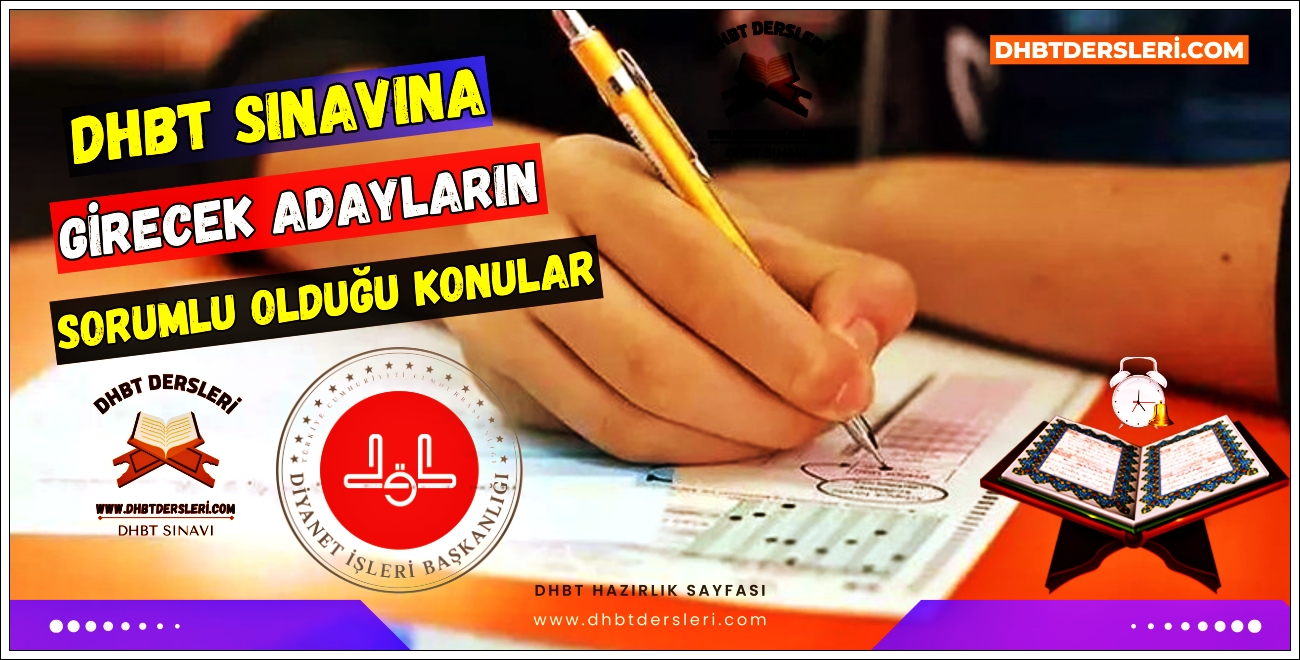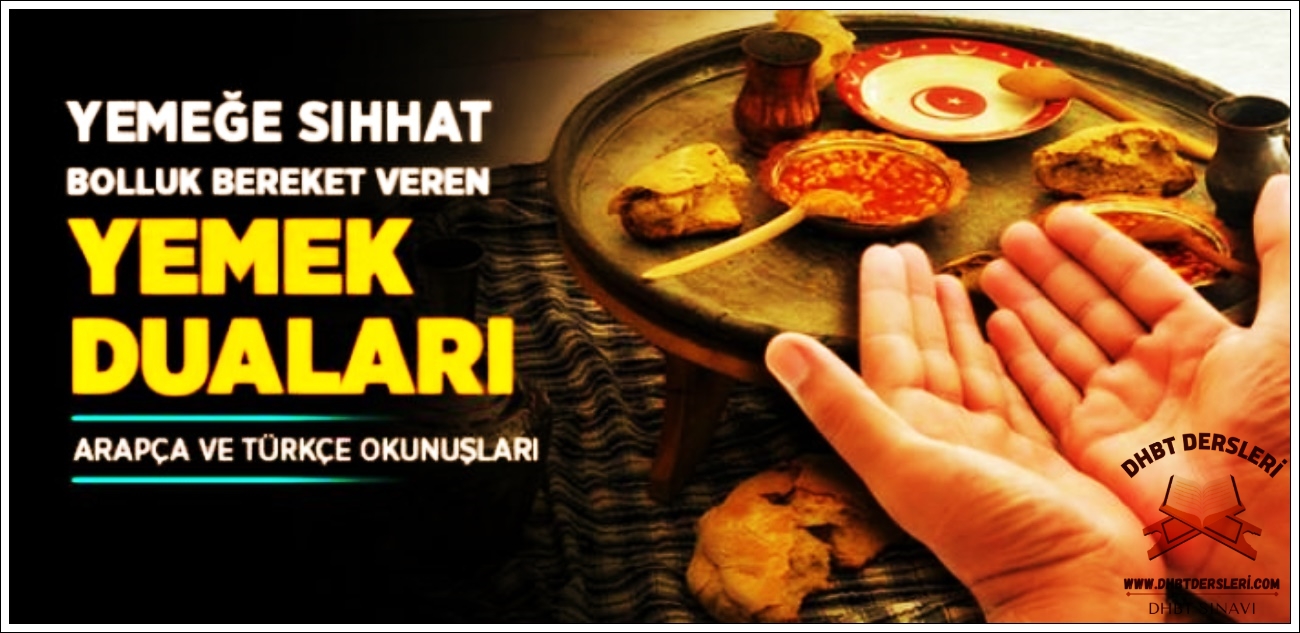Tenth Stage: Divine Prescription, Final Preparations
It is undeniable that Mary has a distinguished position amongst all the exemplary women in history. She was the model of the models. God had presented her as an example to the spouses of the last prophet – Aisha, Zainab, Safi yyah – who themselves were in the position of exemplary models for the believing women. After Mary became a candidate due to her faith, sincerity, and good deeds, and was chosen by divine decree, God presented her a prescription for inner training that suited her placement.
The heavy responsibility she was going to undertake in the future could only be carried successfully by such faith, sincerity, and submission. This is the prescription:
“O! Behold, God has elected thee and made thee pure, and raised thee above all the women of the world. O! Remain thou truly devout unto thy Sustainer, and prostrate thyself in worship, and bow down with those who bow down [before Him].” (Chapter 3, verses 42-43)
O Mary!
The holy gate you shall submit yourself in standing upright is the same holy gate you were given for devotion. It also is the only place for prostration, bowing down your head, submitt ing with full presence, and pleading what is in your heart, and a place from which you should never turn away. It is the only place to say: “labbayk ya Rabb,” “I came to you oh Sustainer,” and worship with obedience. Hence, direct your thanks to Him. Turn your eyes, your face, your soul, and your heart only toward Him. Do not look for any other shelter, refuge, or support. Bow down together with the whole universe, which bows down to Him.Get ready with the conscious beings and inanimate objects, heavens and the earth, mountains and the seas, atoms and the cells, and the angels! …
Do turn your feelings and thoughts to Him and His beloveds, whatever and whoever is related to Him!You too join this universal chorus with all the trusted ones, devout ones, martyred ones, and “bow down with those who bow down [before Him].”
You are not alone! You are sharing the common values with those who reject worshipping created ones and submitted themselves to God, the Creator. Hence, join their tremendous crowd and enjoy playing your role chosen by your Sustainer! …
The phrase “maa’r-raki’een,” which means “with those who bow down,” came in the masculine plural form, which can encompass both male and female – not the specifi c feminine plural “raaki’at.” This makes the phrase inclusive genderwise, avoiding the misunderstanding that it might refer to a suggestion limited to one gender, females. The phrase refers to all human beings, both women and men, and even other conscious beings who bow down – the jinns and angels.
With this divine order, “bow down with those who bow down [before Him],” Mary is being reminded that she is not alone but rather a member of a universal movement. She stands with all those who have stood up in presence of their Lord and Sustainer between hope and worry in the middle of night with a transcendent spirit and universal consciousness, and she bows with all those who have bowed down to Him.
Now, the process that began by Anna’s prayer was getting closer to bearing its fruits. Anna, after submitt ing her devotion, passed away from this world. The devotee was accepted by the one to whom she was submitt ed, and she was raised like a flower by the help of the gardeners in the house
of Prophet Zachariah. After the devotee proved her maturity in her individual test and earned divine selection, the fi nal preparations are underway.
Mary has to get ready to face a responsibility that is heavy both mentally and materially, and that responsibility is the miracle of delivering a child without any father. There is also a social aspect to her challenge, in all the accusations Mary would face. This most chaste woman was going to be subjugated to an ugly slander by relatives and society when she became pregnant. Even other righteous people like Prophet Zachariah and Yusuf were to face their share of the slander.
What a strange manifestation of fate it is that this devotee – from an honored family, raised by Prophet Zachariah, recipient of divine aid – was to be put under such a heavy test that could cause even the mountains to moan!It is very hard to guess the weight of the test and the pain she suff ered because of these slanders, as she was still very young. Mary, the child of divine training, whose unshaken faith is witnessed by Quran, and whose att ributes of trust and sincerity were approved by God, was going to say the following.
“Oh, would that I had died ere this, and had become a thing forgott en, utt erly forgott en!” (Chapter 19, verse 23) This is God’s way of testing. This is the most challenging of the tests. Once the tests start, they pour down on the heads of those who shoulder the great message. This is called “trial upon trial” by the Quran, and those who pass these trials without failing or collapsing under this onslaught, without turning back and giving up, emerge then as the strongest in faith since their faith is strengthened like steel.
“And most certainly We shall try you all, so that We might mark out those of you who strive hard [in Our cause] and are patient in adversity: for We shall put to a test [the truth of] all your assertions.” (Chapter 47, verse 31) “But] do you think that you could enter paradise without having suff ered like those [believers] who passed away before you? Misfortune and hardship befell them, and so shaken were they that the apostle, and the believers with him, would exclaim, ‘When will God’s succour come?’” (Chapter 2, verse 214)
“Wherefore He requited you with woe in return for [the Apostle’s] woe, so that you should not grieve [merely] over what had escaped you, nor over what had befallen you: for God is aware of all that you do.” (Chapter 3, verse 153)
Those who feel the load of the tremendous responsibility on their shoulders as they follow the legacy of the examples or serve as an example might bend a bit but do not fall down, stumble but not collapse, slow down but not lay down. While they struggle with sadness and hardship, if you happen to ask them about their condition, you would always get the same answer: “They said: ‘For us God suffi ceth, and He is the best Guardian.’ ” (Chapter 3, verse 173)
Even if you fi nd them at the hardest times, even then you cannot make them complain about God. They do know that being tested by fi res is being trained. They are pleased with their Sustainer (trainer). Indeed He too is pleased by them. “God will be well pleased with them, and they with Him. They are the Party of God. Truly it is the Party of God that will achieve success.” (Chapter 58, verse 22) No matt er how much hardship they take, they do not attribute it to God. Their complaints and sadness would be only from their own selves. Whenever something good happens to them, they att ribute it to God, and whenever they receive otherwise, they themselves take upon the responsibility for it.
They serve as shields for their societies, buff ering them from challenges. They live for the eternal happiness of mankind, and struggle for their eternal goodness, fi ght and even die for them. They hold their heads up amid all the lightening strikes in the storms of life.
Just as a poet says: Whenever a sad heart is traveling, it can visit me, Along path of troubles, I am a lighthouse to help.































